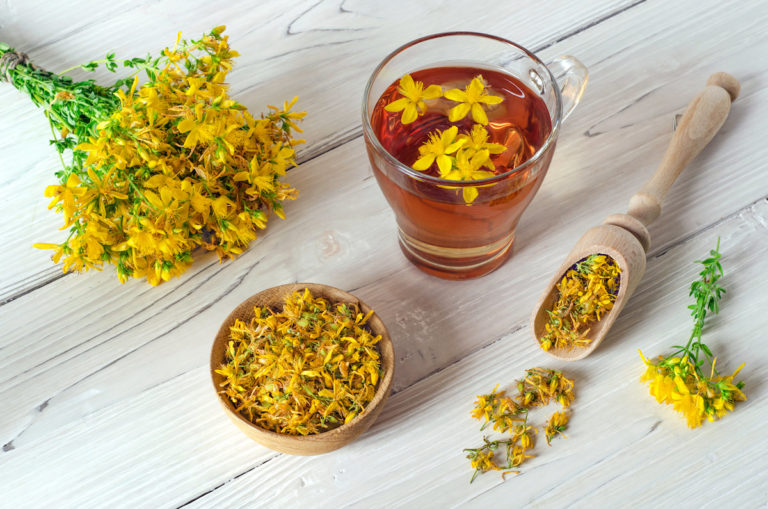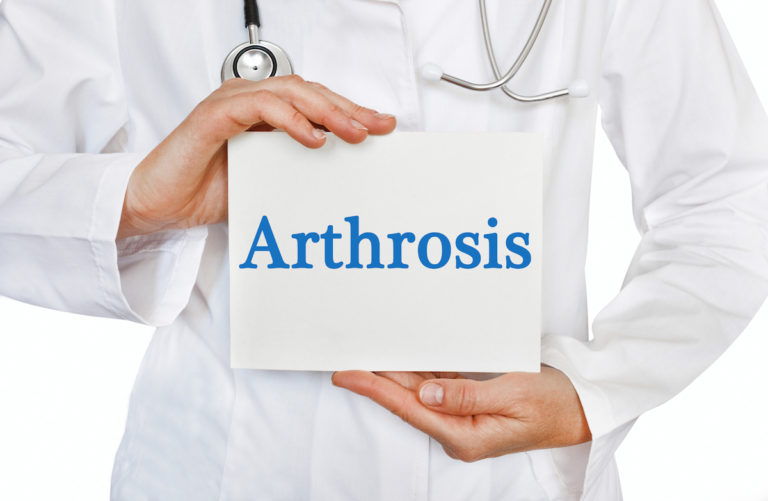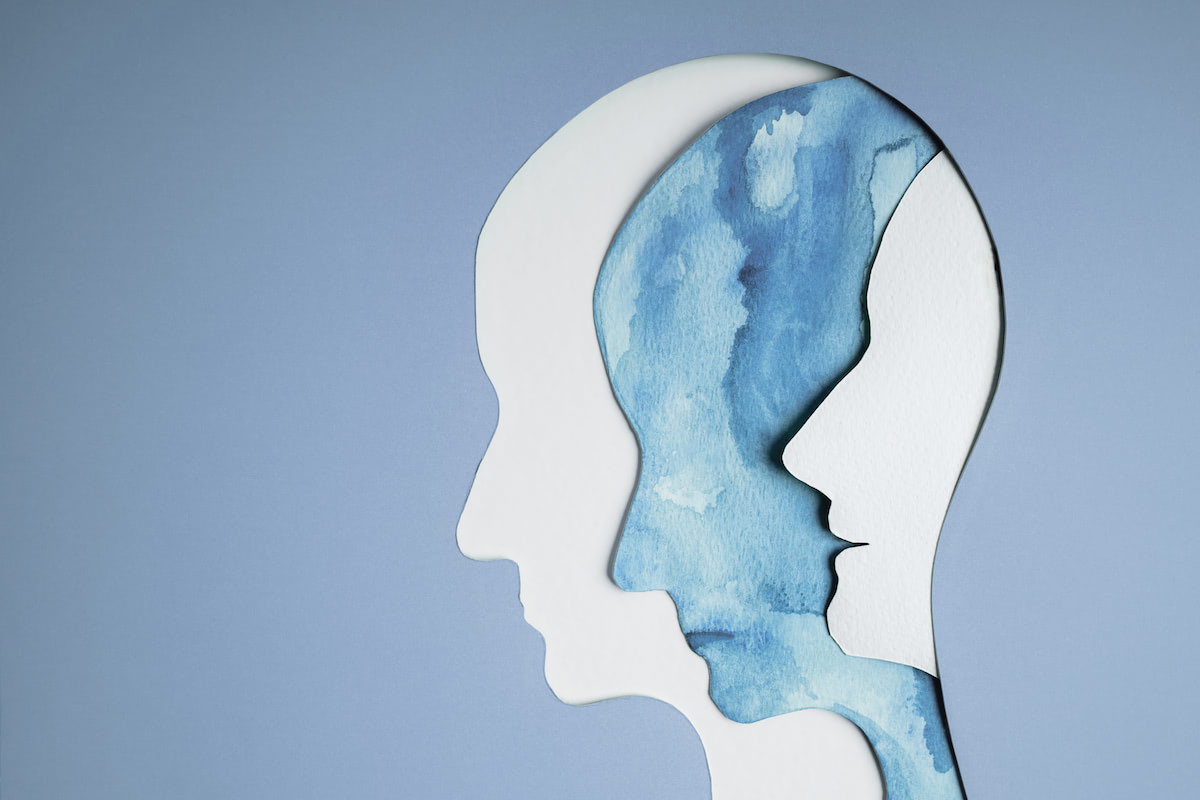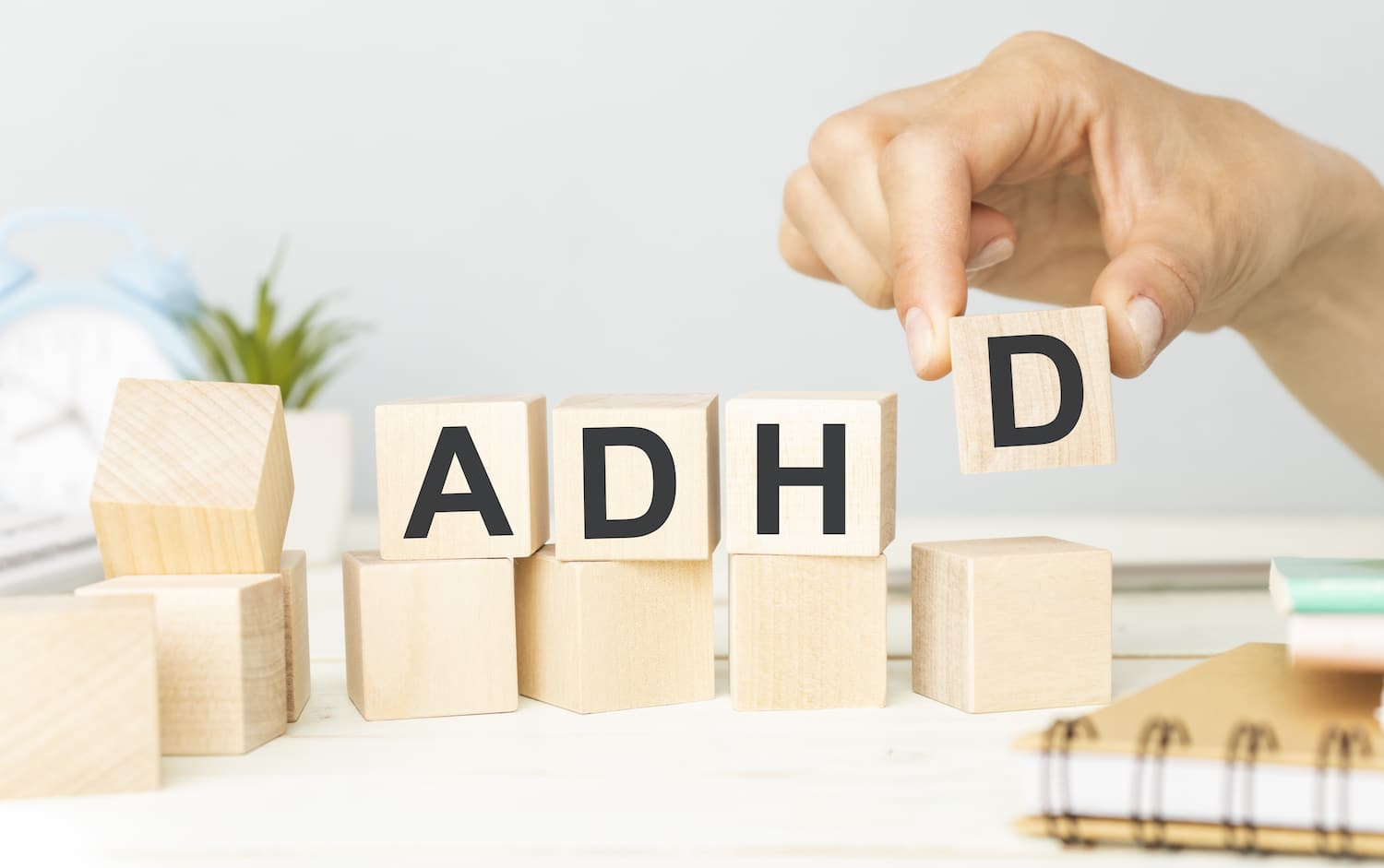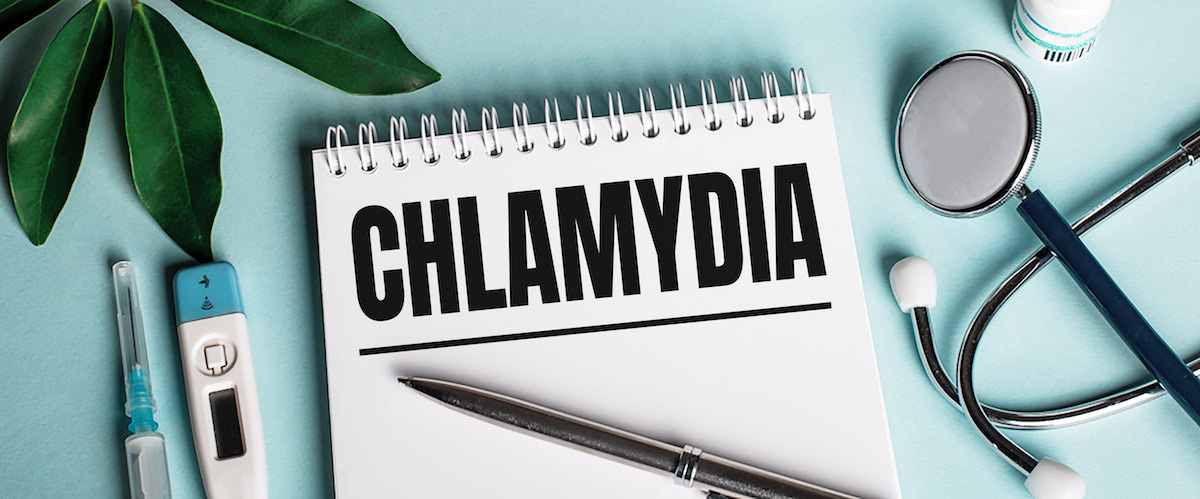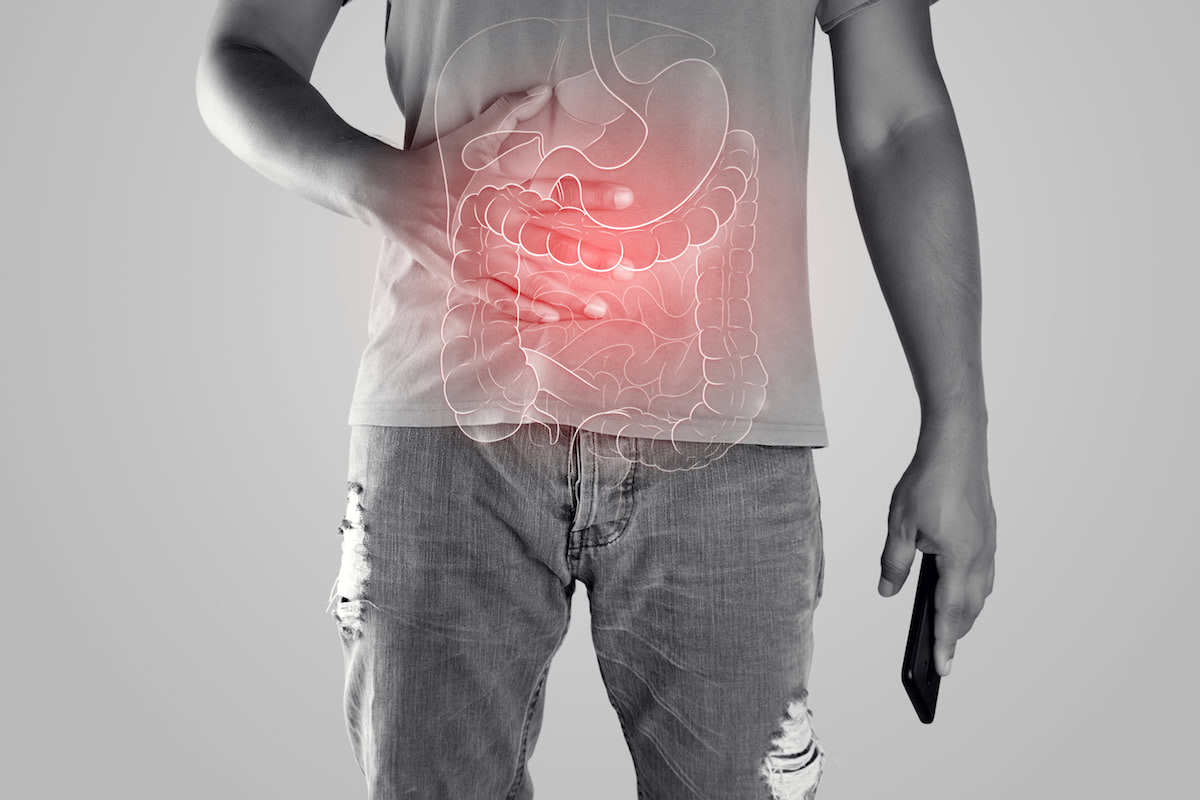Updated on 15. November 2021 from ÁYIO-Q Redaktion
Reading time: approx. 4 minutes
During the last few years, the connection between the human psyche (mind) and the occurrence of allergic diseases has come to the attention of science. A US study of 367 participants showed that children and adolescents with hay fever and atopic dermatitis often develop anxiety disorders and depression later in life. The risk is particularly high if the affected person suffers from asthma and hay fever at the same time.1
In children with attention deficit hyperactivity disorder (ADHD), allergies are often present at the same time. According to a Mexican research group, allergy sufferers produce more cytokines that trigger inflammatory reactions. These special proteins enter the brain where they activate psychoneuroimmunological processes.2
What does that mean? With the term psychoneuroimmunology scientists describe the influence of the psyche on the human immune system and nervous system. The same is true the other way round: Our immune system affects the psyche during allergic reactions via psychoneuroimmunological processes. As a result, anxiety, depression, or ADHD symptoms may occur.
Beliefs and expectations influence the course of an allergy
Examples of the effect of the human mind on allergic symptoms are known from nocebo and placebo research. In a clinical study on drug allergy at the Charité in Berlin, five patients received a drug; five other subjects took a preparation without active substance (placebo). All participants were informed about the procedure and the aim of the study.
The result: patients in both the drug group and the placebo group complained of allergic reactions. The extent of discomfort was based on whether participants believed they were taking the drug or a placebo. In other words, the occurrence and extent of an allergy essentially depend on the expectations of the person affected. Whether an allergenic substance is actually present plays only a minor role.3
In a recent research paper, scientists were able to confirm the nocebo and placebo effects in individuals with atopic dermatitis. We have described the exact procedure of the study in this article. Accordingly, there is no difference between the administration of an antihistamine (medication for allergic symptoms) and the belief that one is receiving an effective remedy. In both cases, the symptom of itching was reduced to the same extent in the neurodermatitis patients. Conversely, the antihistamine hardly alleviated the symptoms if the study participants did not know about its administration.4
If these important findings are taken as a basis, the popular pollen calendar, for example, must be viewed critically. Why? If an allergy sufferer knows that “his” allergy-causing pollen will fly at a certain time of year, the typical symptoms will occur due to the nocebo effect alone. If the patient then takes a conventional or naturopathic remedy in whose efficacy he or she believes, the complaints are reduced or even disappear completely due to the placebo effect.
How allergy sufferers can use the knowledge about the power of the mind for themselves
The logical answer is to avoid nocebo effects and benefit from placebo effects. What sounds simple at first, causes difficulties for many people. Personal responsibility is the magic word. If you are convinced in your heart that grass pollen does not cause hay fever, you will experience fewer and fewer symptoms over time. In clinical studies, hypnosis and meditation were found to be helpful in activating the powers of his mind and preventing allergic reactions.5,6
A good way to create harmony between body and mind is the ÁYIO-Q vitality teaching. The programs developed by experts are based on the health teachings in ancient Greece. In a representative survey, 88 percent of patients rated their physical and mental condition as better after 12 weeks than before using the health programs.
On the ÁYIO-Q website you have the opportunity to take a self-test without obligation and free of charge. It gives information about the current state of your self-healing powers and life energy.
Related articles: Allergy and hay fever
- Allergy and hay fever – Pathogenesis and treatment options
- Vitamins, minerals and medicinal plants can relieve allergy symptoms
Sources:
[1] Slattery MJ, Essex MJ. Specificity in the association of anxiety, depression, and atopic disorders in a community sample of adolescents. J Psychiatr Res. 2011;45(6):788-95.
[2] González-Díaz SN et al. Psychoneuroimmunoendocrinology: clinical implications. World Allergy Organ J. 2017 Jun 6;10(1):19.
[3] Hermes B et al. Assessment of psychological aspects during systemic provocation tests in patients with pseudoallergic drug reactions. J Eur Acad Dermatol Venereol. 2006 Aug;20(7):800-3.
[4] Sölle A et al. Targeted use of placebo effects decreases experimental itch in atopic dermatitis patients: a randomized controlled trial. Clin Pharmacol Ther. 2021 Apr 24. doi: 10.1002/cpt.2276.
[5] Wyler-Harper J et al. Hypnosis and the allergic response. Schweiz Med Wochenschr Suppl. 1994;62:67-76.
[6] Smith GR et al. Psychologic modulation of the human immune response to varicella zoster. Arch Intern Med. 1985 Nov;145(11):2110-2.
